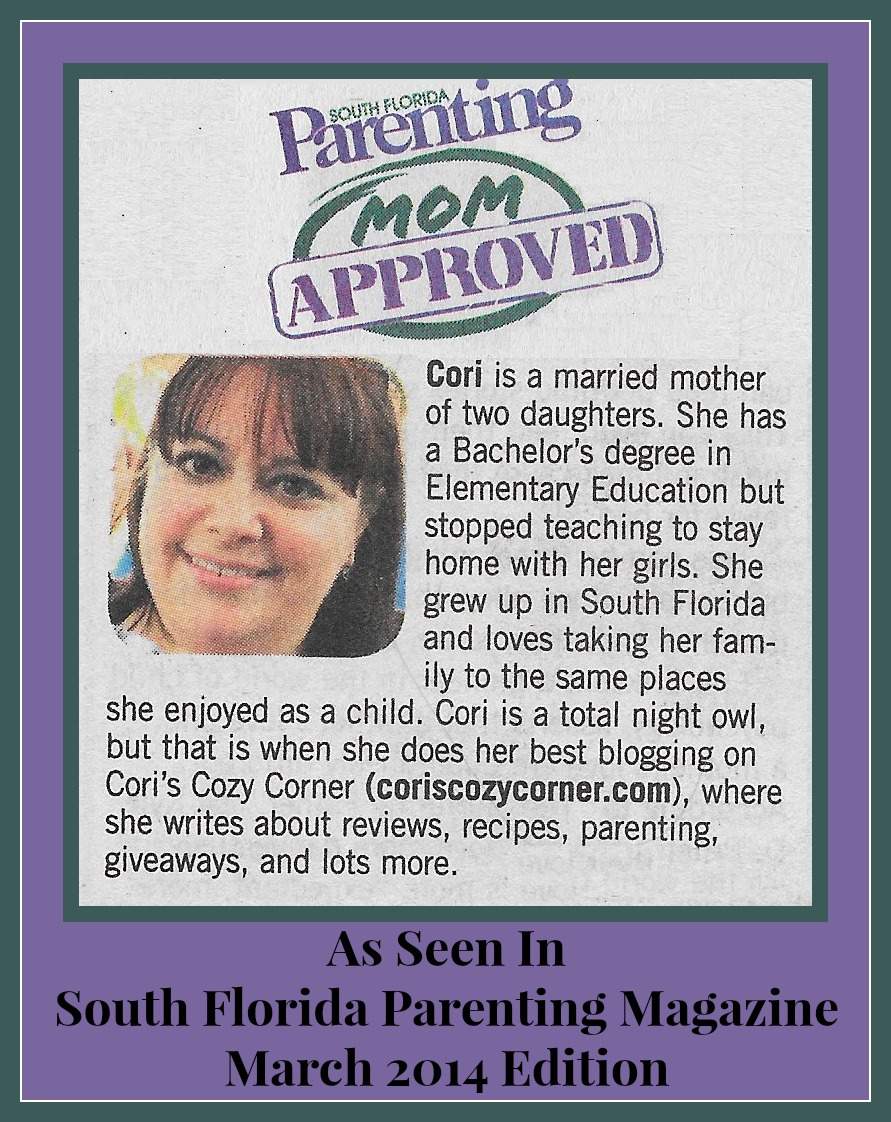The adult obesity epidemic gets the most attention from the press, but childhood obesity has been rising as well in the recent years. An estimated one in six children is said to be overweight, even though we’re seeing a downward trend amongst toddlers. But what should you do if your child is overweight? Let’s discuss the statistics and a few of the options that exist for parents.
The Statistics
The latest data shows that 18.5% of two to 19-year-olds are obese. Obesity rates for toddlers have been reported to have dropped in dozens of states, especially for poorer families. For example, the obesity rate for pre-schoolers from families receiving WIC has fallen from 15.9% to 14.5%.
Yet about nine in ten kids have poor diets. Fewer than half of all kids get the recommended hour a day of physical activity recommended by doctors. This is why 200,000 young people under 20 have type 2 diabetes, which used to be called adult-onset diabetes until it started showing up in teens.
Limit Screen Time
One of the easiest solutions is to limit screen time. Even playing quietly in their room is often healthier than the TV or streaming media because they’re less likely to mindlessly snack while doing actual activities. If your child has the tendency to binge watch, limit it to two or three hours instead of letting them spend a whole day glued to the screen.
Provide Healthier Food Options
One option is to alter what kids eat. Provide apple slices, oranges, and bananas as snacks instead of cookies and candy. Eliminate dessert as a course at dinner. Restrict grazing by shifting to set snack times with set portions. For example, eat popcorn instead of candy when watching a show. Replace soda with water or healthier juices. This is a shift when two-thirds of kids consume at least one sugary beverage per day.
And don’t forget to role model healthy eating since you probably need to lose some weight, too, and making the dietary changes a family affair prevents the child from feeling punished or excluded.
Consider Medication
Sometimes, eating healthier and moving more isn’t enough. More and more physicians are prescribing weight loss pills as an option. Contrave, a drug similar to Osymia, was recently approved by the FDA.
However, you should not give your children over the counter weight-loss drugs in an effort to help; some of these medications are not safe for kids because of their potential impact on the heart. Some weight loss pills are authorized for children over 12, so you should ask your doctor first if any medication is safe. If your child has diabetes or is pre-diabetic, that may require medication as well to get under control, too.
Conclusion
Obesity in children has been rising along with obesity in adults, but it sets up children for a lifetime of health problems. Increasing activity and eating healthier is part of the solution. Medical solutions like medication may be necessary.





